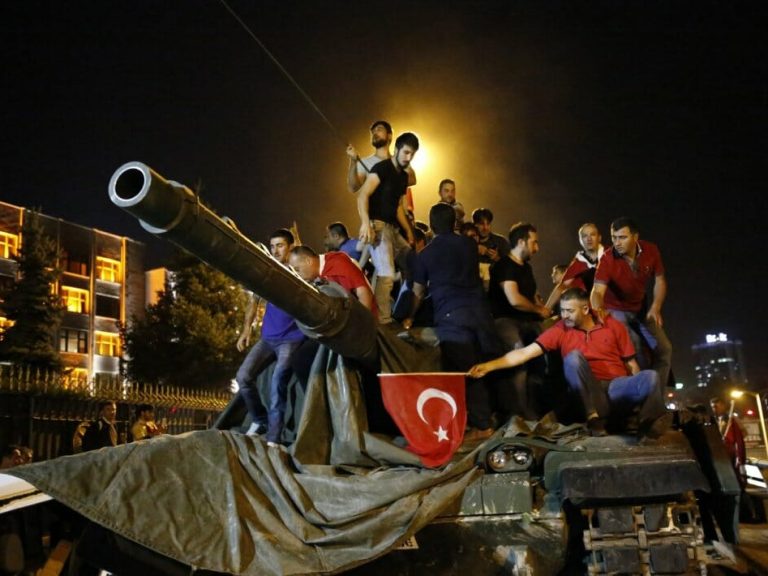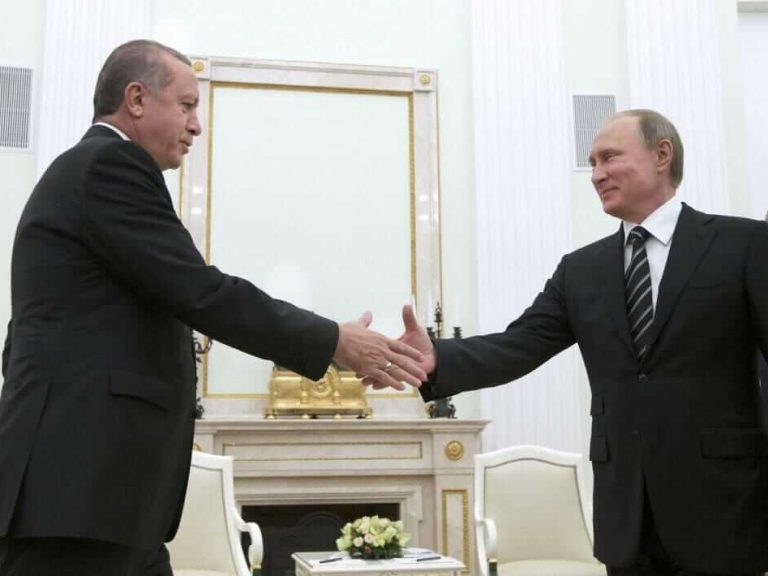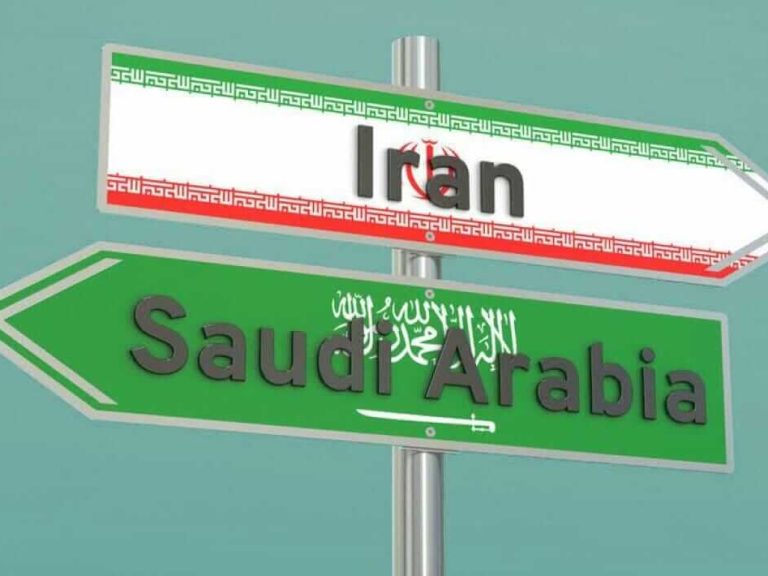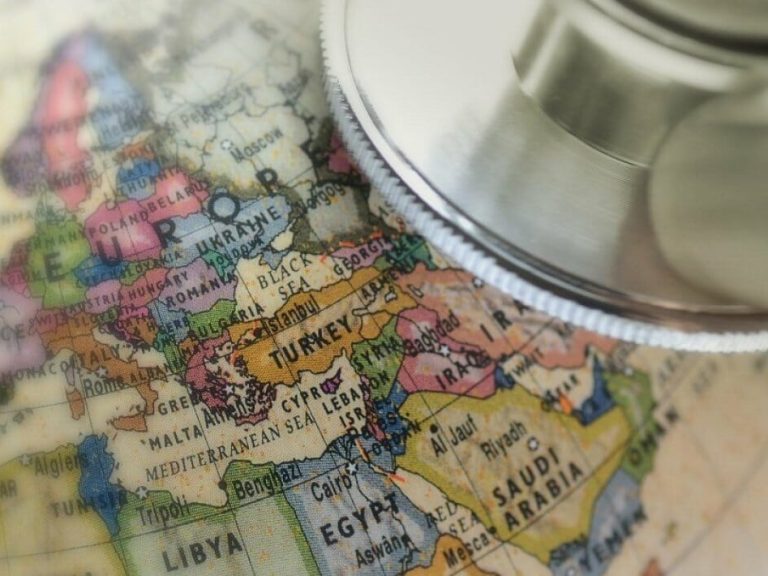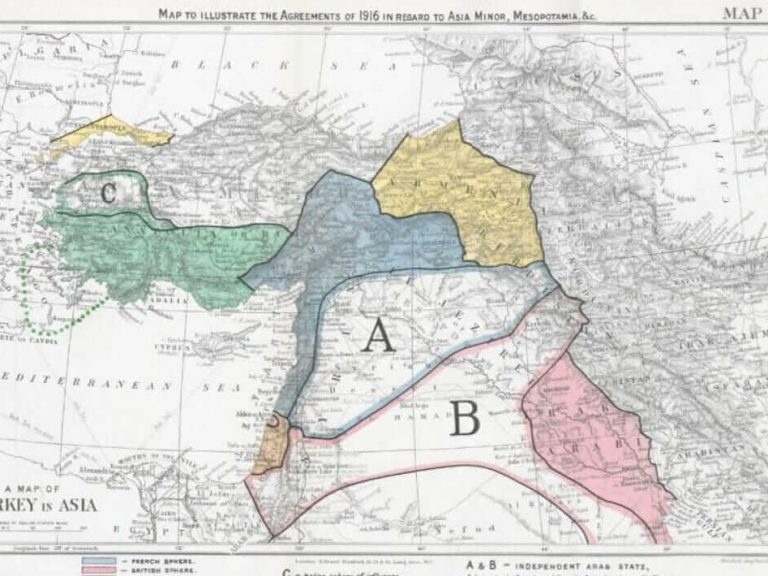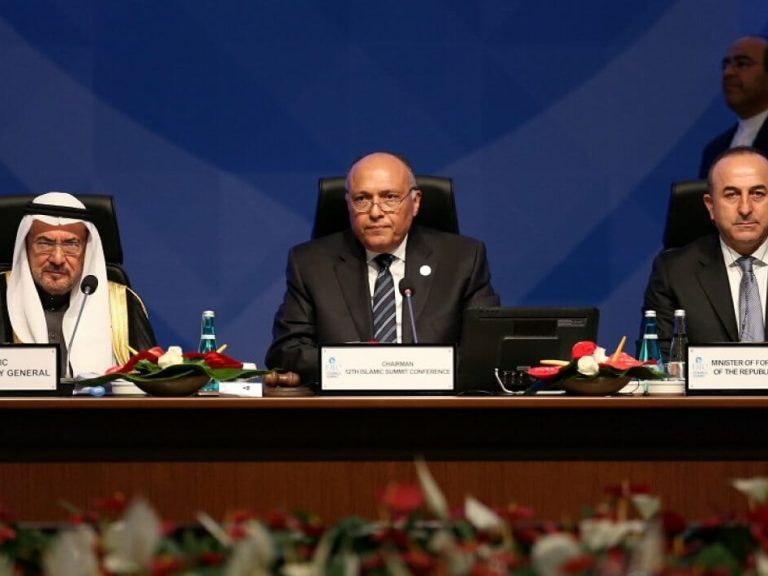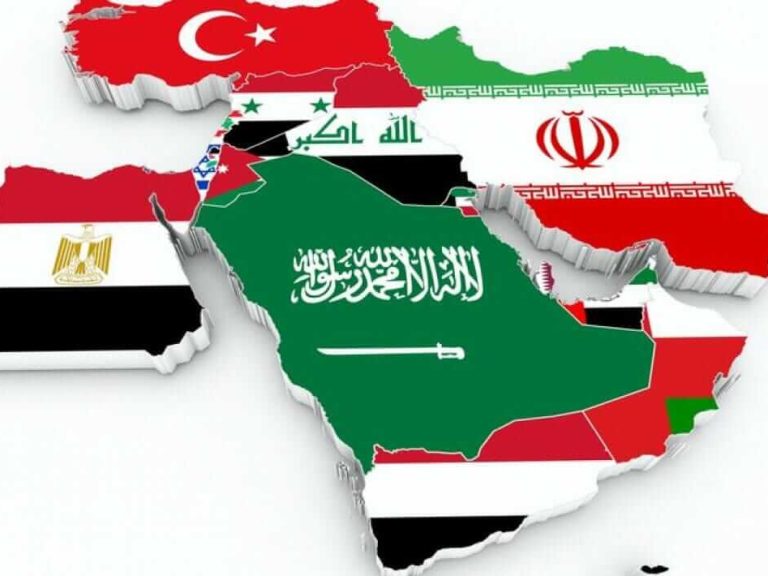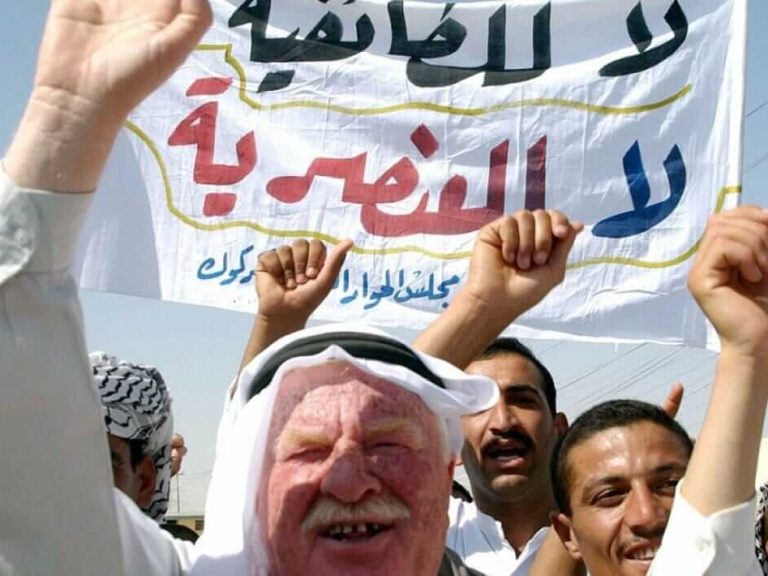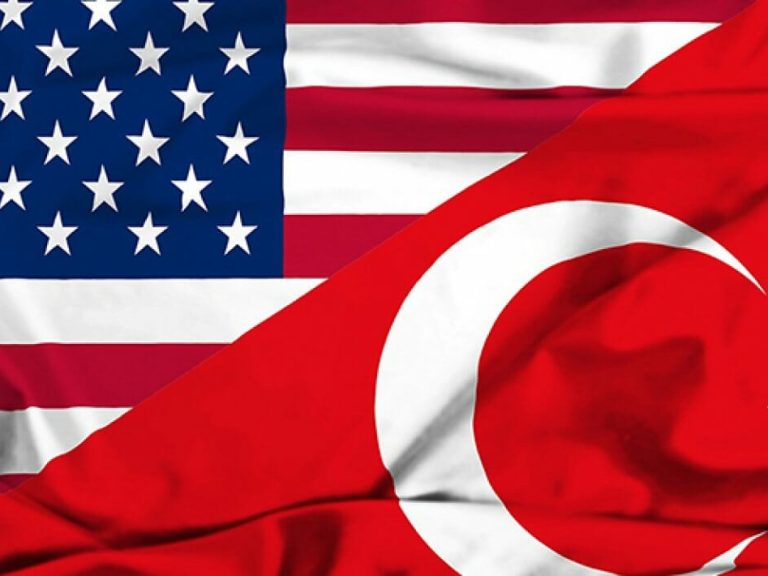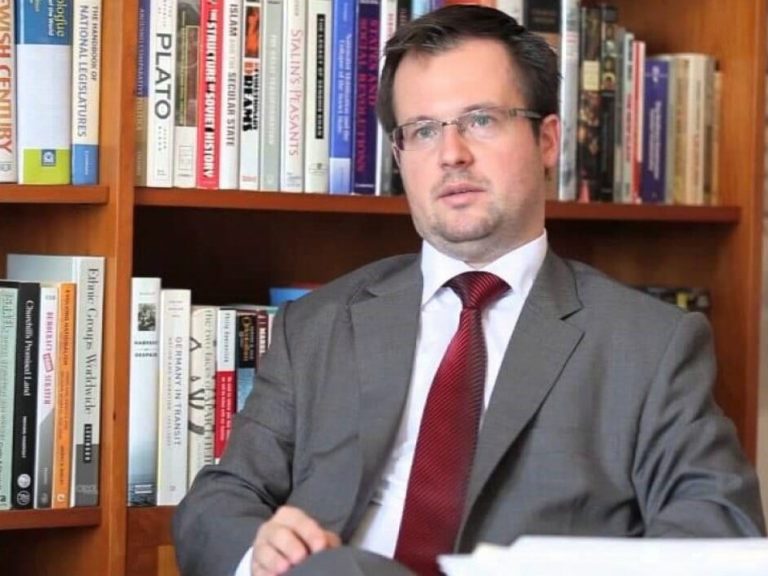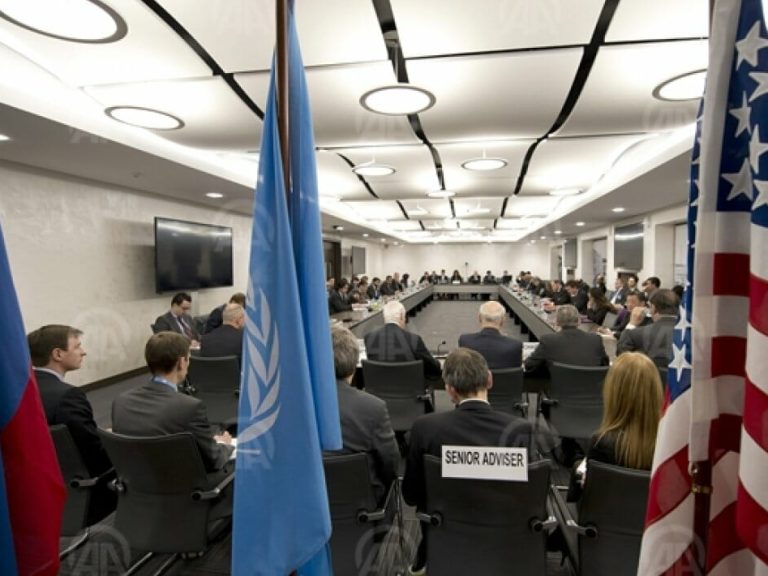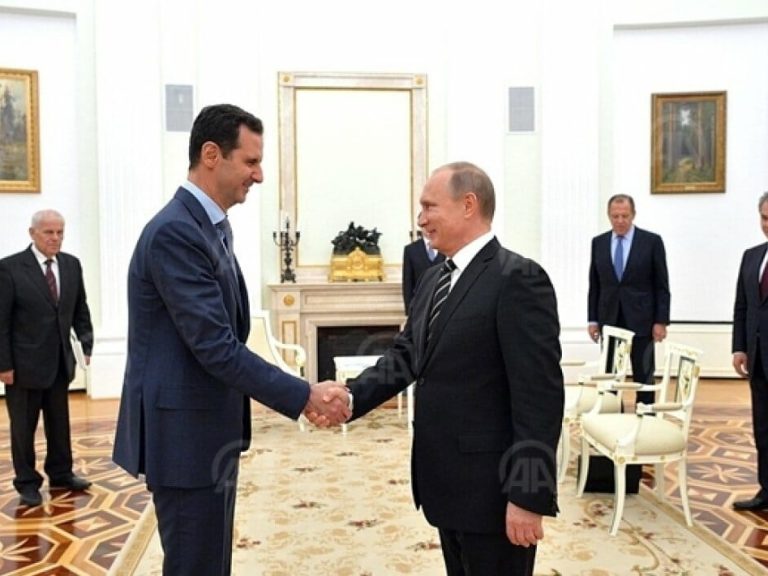The Geopolitical Crisis in the Caucasus, Ukraine, and the Middle East
How convincing would it be for North Korea or Iran, or any country, to give up its nuclear weapons in return for any kind of international guarantee? If the international community didn't fulfill its promise to Ukraine, how can we be sure that it will fulfil it for any country? So, despite all of this legal guarantee – although one could argue that there is ambiguity about the level of commitment, though there is still a written commitment in return for nuclear weapons – despite how the Russian occupation and annexation of Crimea has changed the geopolitical balance in the entire region of the Black Sea, despite all kinds of terrible precedents that occupation plus annexation could have in post-WW2 Europe and the world, the West did not do anything.


